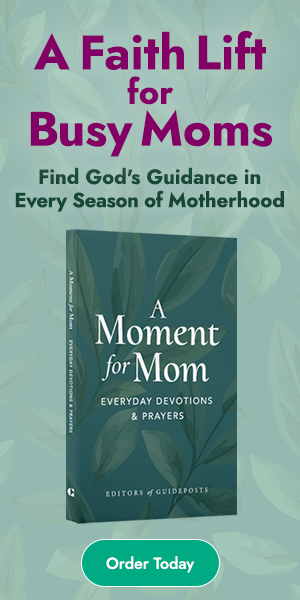“Degenerative changes.” That was the phrase written on the report I received after an MRI scan of my jaw. At the doctor’s office, other terms were bandied about: “inflammation,” “joint degradation,” “arthritis.” As if the pain I was experiencing from chronic, stress-related jaw clenching wasn’t enough, now I was worried this was a big, forever problem.
At my physical therapist’s office, though, a very different vocabulary emerged. I heard, “temporary,” “muscle tension,” and “minor.” Over a period of weeks, as I got educated about my own anatomy and did simple physical and mindfulness exercises to stretch and strengthen the muscles of my face and neck, my pain started to decrease and my range of motion started to return.
What stands out to me from this whole process is how much of an impact my providers’ words had on my outlook and attitude toward the healing process. Don’t get me wrong—my doctor is excellent, encouraging and even optimistic. But each use of medical terms like “degenerative” and “degradation” sent a zing of anxiety through my system that I could feel, unhelpfully, settling right in the jaw muscles where I was holding my stress.
Read More: Spiritual Healing After Time in the Hospital
Rudyard Kipling once said, “Words are, of course, the most powerful drug used by mankind.” This is perhaps most accurately applied to life with chronic pain. I learned from my jaw pain experience just how much power medical providers have, depending on the words they choose. But I also learned about the power and control I can put to work for my own healing.
Early on in my treatment, I started practicing a breathing exercise where I directed each inhale and exhale at the painful area. As I inhaled, I visualized the word “calm” swirling all through the joint and muscles of my jaw. On each exhale, I visualized the word “peace” surrounding the area and pulling away any tension or gripping. I even brought this technique to my next doctor’s appointment. When I started to hear words that triggered tension or worry, I simply made my internal monologue louder and more intentional.
“Calm” and “peace” worked for me, but you might choose different words to keep your outlook positive and your energy focused on healing. Regardless, remember that pain is a signal between your brain and your body—and you have the power to direct that signal in a pain-reducing, healing direction.






